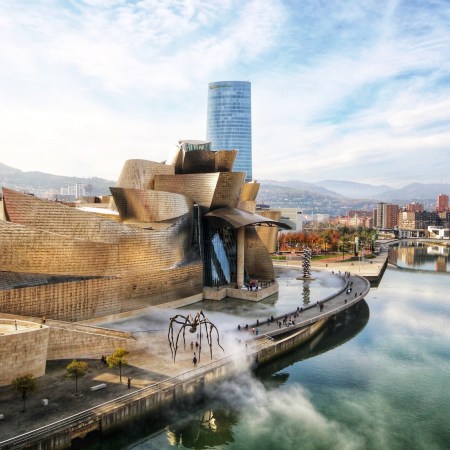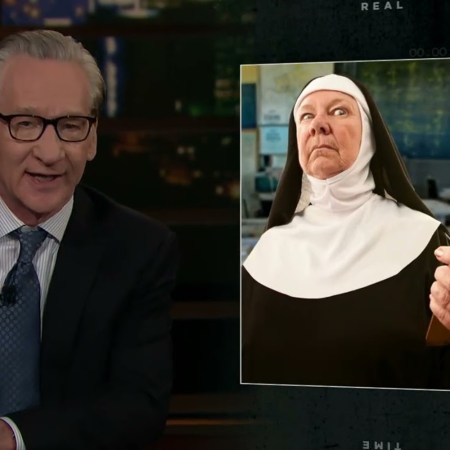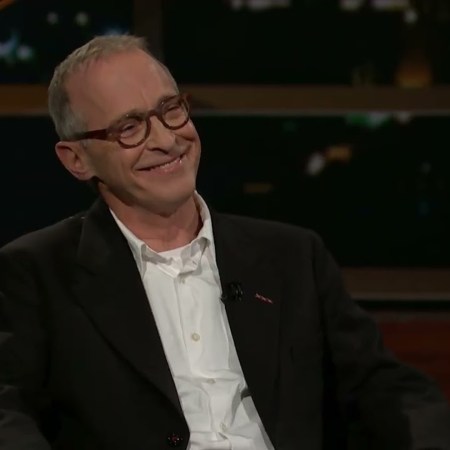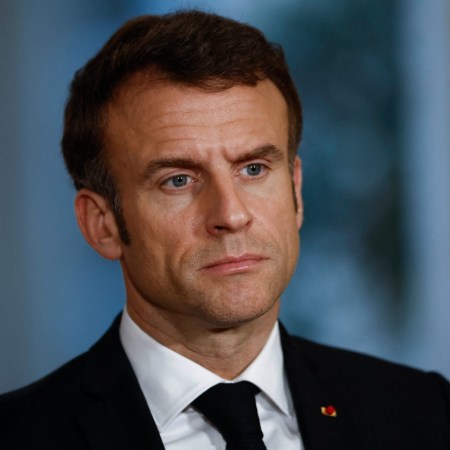There’s a long history of art and literature being used for ideological purposes — the CIA’s role in 20th century American literature being only the tip of the metaphorical iceberg. In a new essay at Hazlitt, Aaron Shulman uncovered another fascinating place where ideology, politics and literature overlapped. In this case, the location was Latin America — and the occasion was the wake of the Spanish Civil War.
Dubbed the “poetic embassy,” this involved a quartet of Spanish writers voyaging to Latin America. Shulman refers to them as “a good reflection of the varied right-wing coalition that had united to defeat the Second Republic” — meaning their beliefs ranged from outright fascism to conservative Catholicism.
The writers — Count Agustín de Foxá, Antonio Zubiaurre, Leopoldo Panero and Luis Rosales — left Spain in December of 1949. These were the early days of the Cold War, which made the ideological dimensions of the trip even more complex.
The four hapless Spanish poets found themselves in the crosshairs of this transition. They knew how horrible their country’s civil war had been better than anyone abroad — they had all lost loved ones on both sides of the conflict — but they hoped to heal the wounds of the past through literature.
Rosales’s presence on the tour added controversy into the mix. Rosales had been an old friend of Federico García Lorca, who had been killed by the Nationalist side in the Spanish Civil War. While Rosales had tried to protect Lorca, many believed that he had been involved with (or complicit in) Lorca’s death — something which haunted him on his travels.
The journey on which these poets embarked was one with plenty of uncomfortable political resonances. But it also left a mark over the decades that followed — though perhaps not the one that the poets, or the organizers of their voyage — intended.
Subscribe here for our free daily newsletter.
Thanks for reading InsideHook. Sign up for our daily newsletter and be in the know.


















